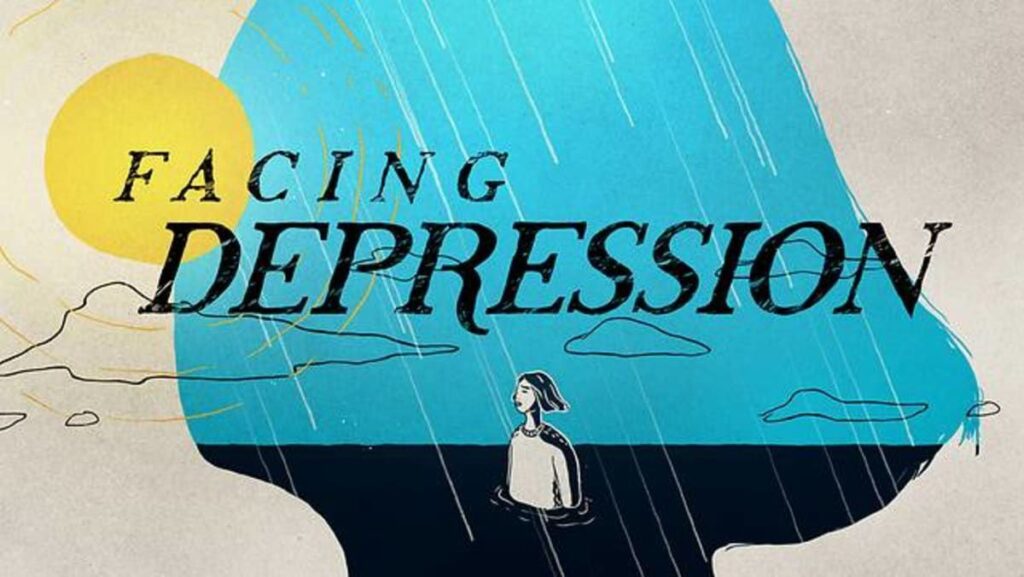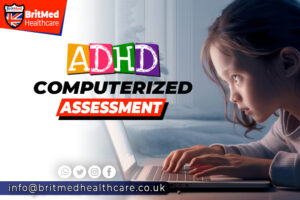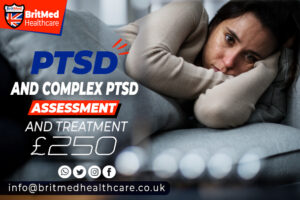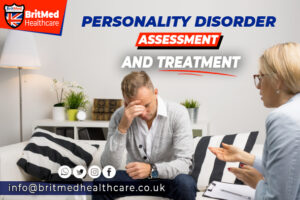Facing Depression
Depression is a common and debilitating mental health condition that affects millions of people worldwide. In the United Kingdom, it is estimated that one in five adults will experience depression at some point in their lives (Office for National Statistics, 2019). Despite its prevalence, depression remains a stigmatized topic, often leaving those affected feeling isolated and ashamed.
In this article, we will explore the symptoms, causes, and treatment options for depression, as well as provide guidance on how to cope with the condition and promote recovery.
Symptoms of Depression
Depression can manifest in different ways, but common symptoms include:
– Persistent feelings of sadness, hopelessness, and emptiness
– Loss of interest in activities that were once enjoyed
– Changes in appetite and sleep patterns
– Fatigue and loss of energy
– Difficulty concentrating and making decisions
– Irritability and mood swings
– Suicidal thoughts or feelings (National Institute of Mental Health, 2020)
Causes of Depression
While the exact causes of depression are still not fully understood, research suggests that a combination of genetic, environmental, and psychological factors contribute to its development. Some common causes of depression include:
– Genetic predisposition
– Traumatic life events
– Chronic stress
– Personality traits
– Medical conditions (such as thyroid disorders or chronic pain)
Treatment Options for Depression
There are several effective treatment options for depression, including:
– Cognitive-behavioral therapy (CBT): a type of talk therapy that helps individuals identify and change negative thought patterns
– Medications: antidepressants such as selective serotonin reuptake inhibitors (SSRIs) can help regulate mood chemicals in the brain
– Lifestyle changes: regular exercise, healthy eating habits, and sufficient sleep can help alleviate symptoms of depression
Coping with Depression
While treatment is essential for managing depression, there are also several strategies that individuals can use to cope with the condition:
– Seeking support: talking to friends and family members, or joining a support group can help individuals feel less isolated
– Engaging in activities that bring joy: doing things that were previously enjoyed can help improve mood
– Practicing self-care: taking time for oneself, engaging in relaxation techniques such as meditation or yoga, and getting enough sleep can help reduce symptoms
– Seeking professional help: talking to a mental health professional can provide individuals with the tools and support they need to manage their symptoms
Conclusion
Depression is a common and treatable condition that affects millions of people worldwide. While it can be a challenging condition to live with, there are several effective treatment options and coping strategies available. By understanding the symptoms, causes, and treatment options for depression, individuals can take the first step towards promoting recovery and improving their overall well-being.
References
Depressive disorder (depression) (who.int)
Depression – National Institute of Mental Health (NIMH) (nih.gov)
https://www.who.int/health-topics/depression
Websites:
Britmed Healthcare: https://britmedhealthcare.co.uk/
Nightingale Hospital: https://www.nightingalehospital.co.uk/
Top Doctors: https://www.topdoctors.co.uk/doctor/ahmed-el-missiry
You can also book, Contact us on WhatsApp 08009708017




